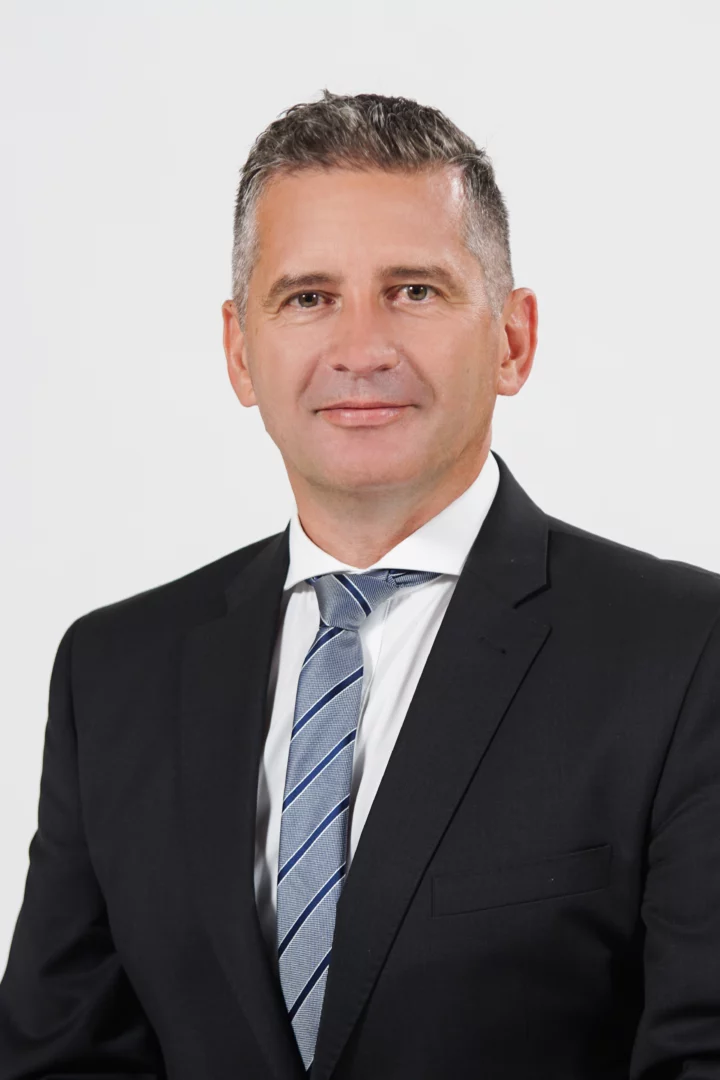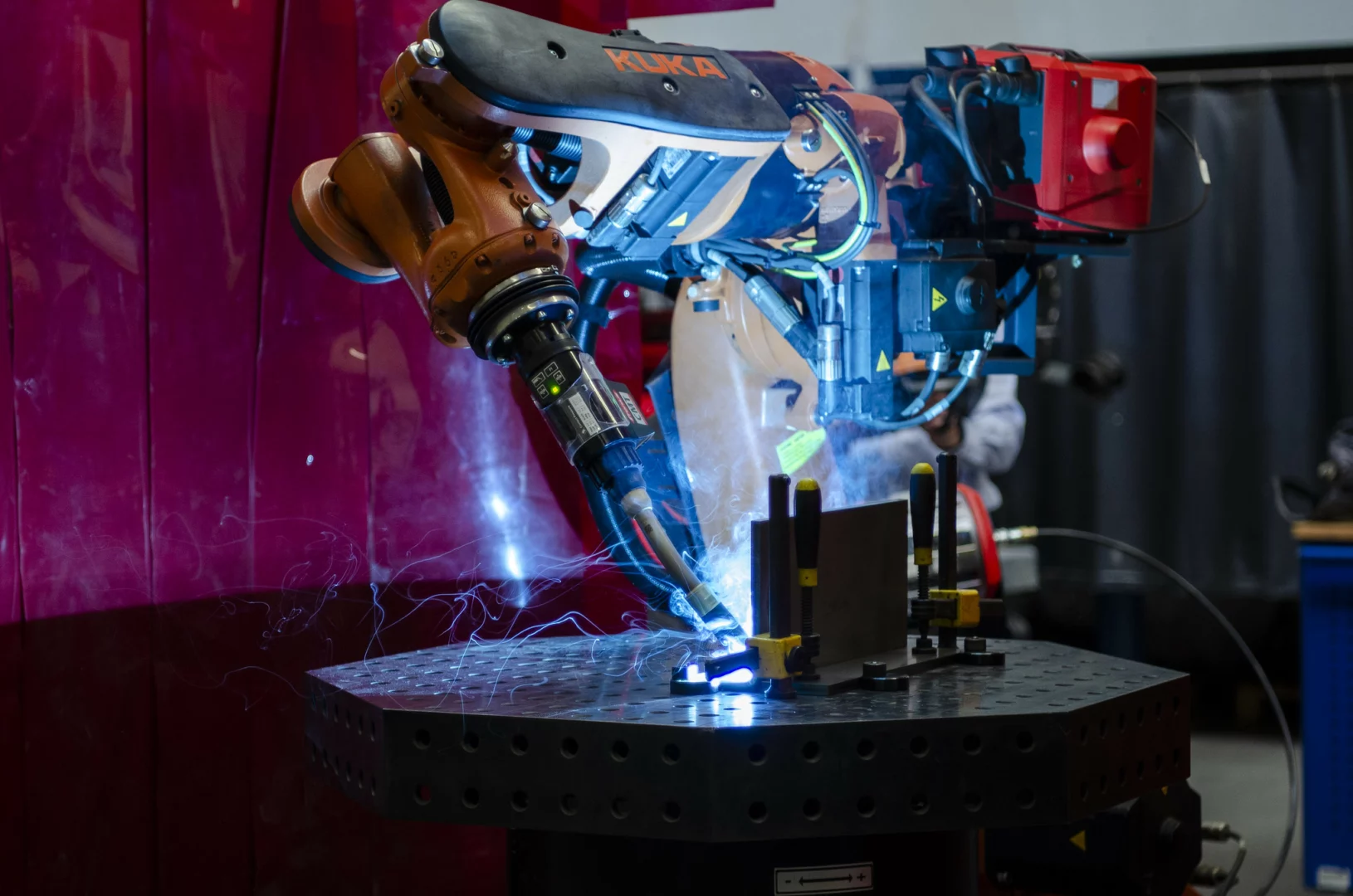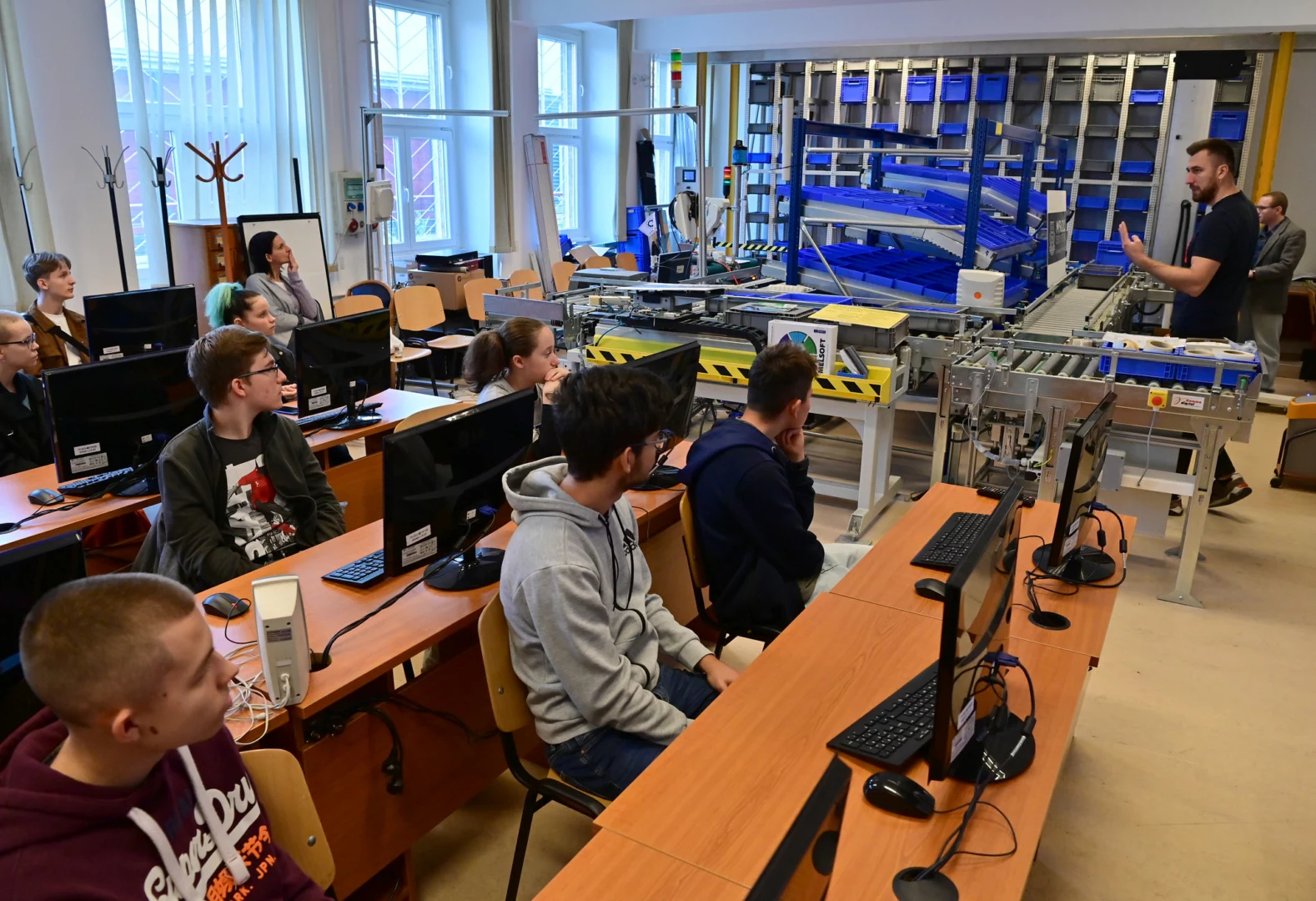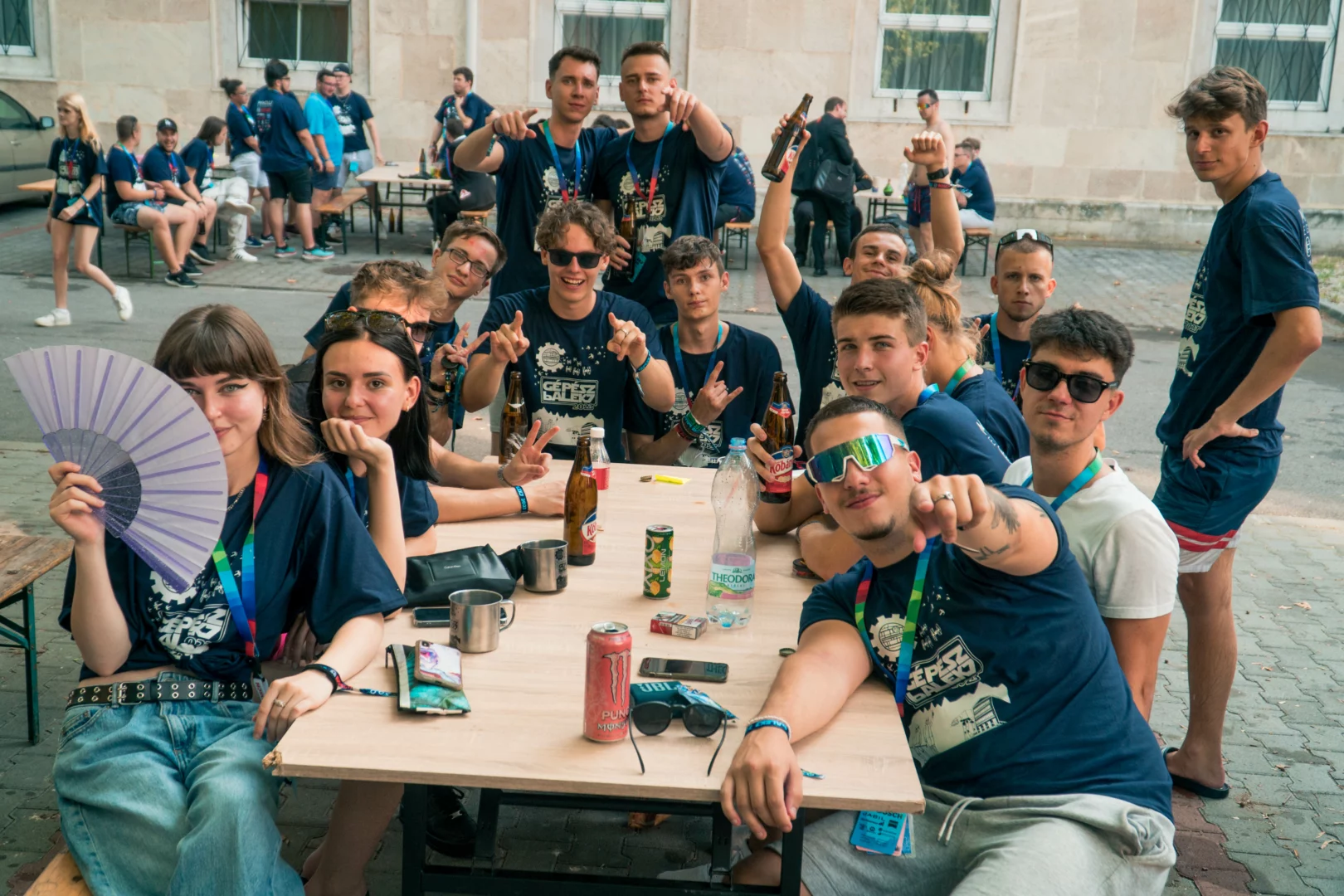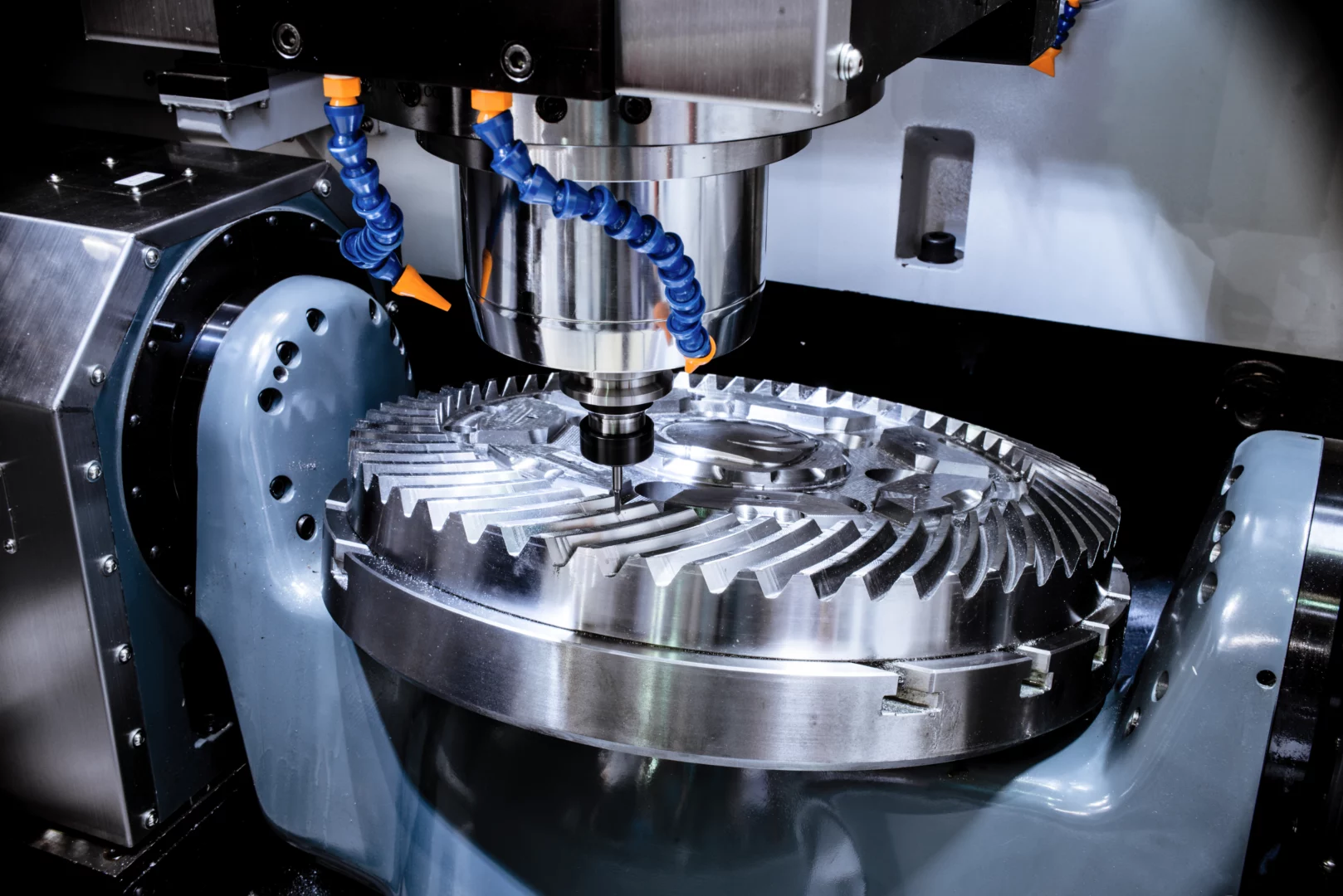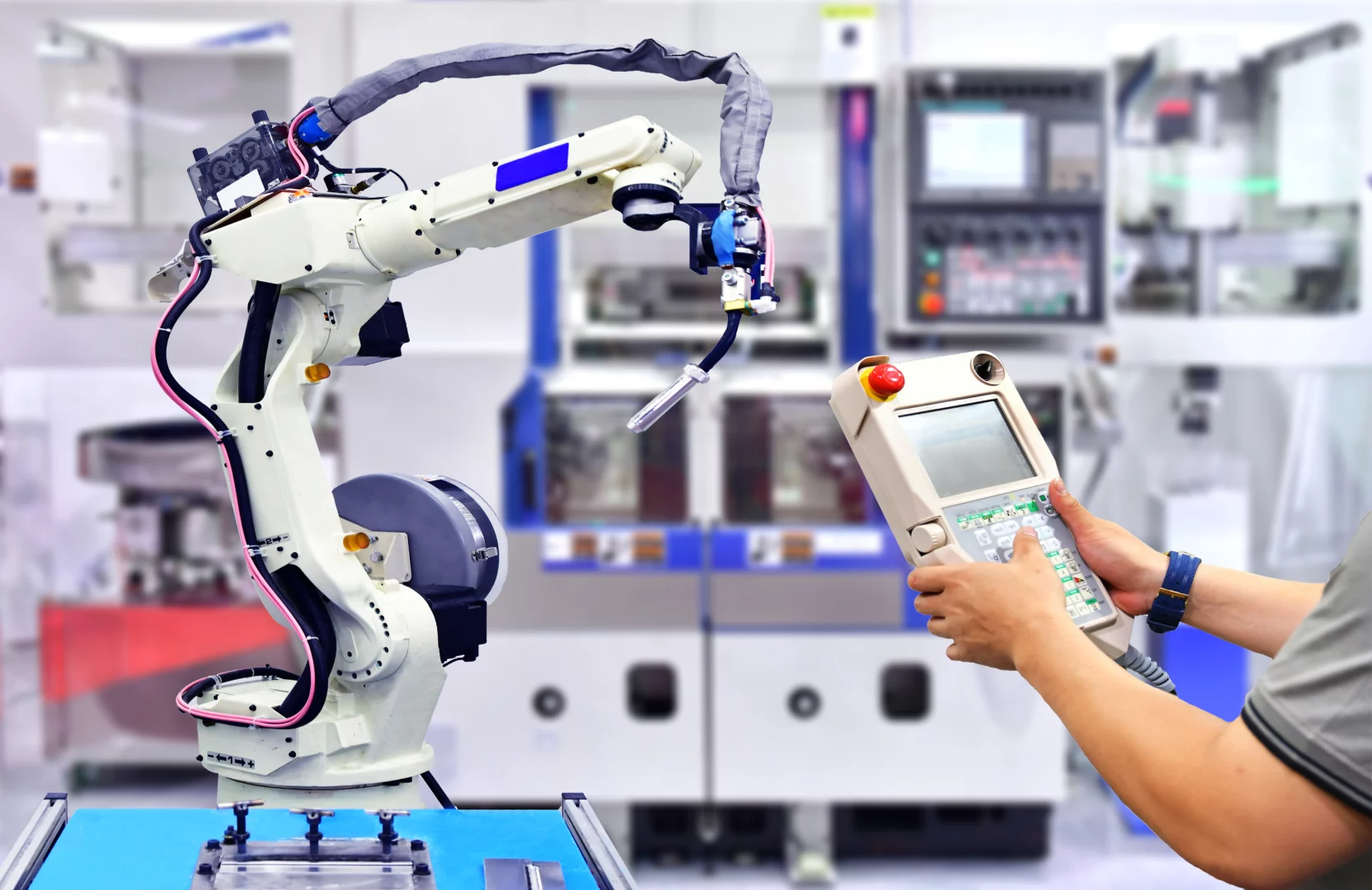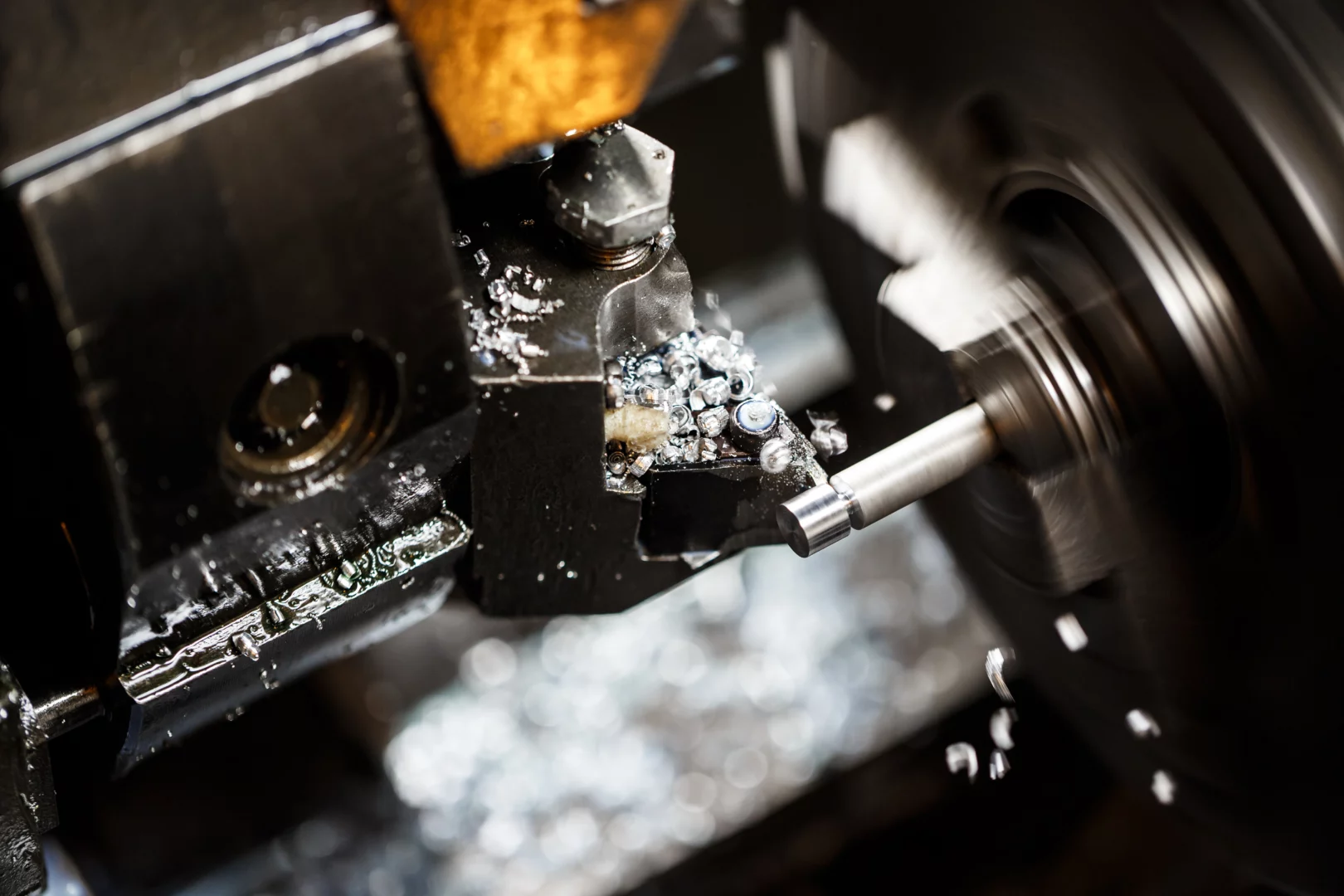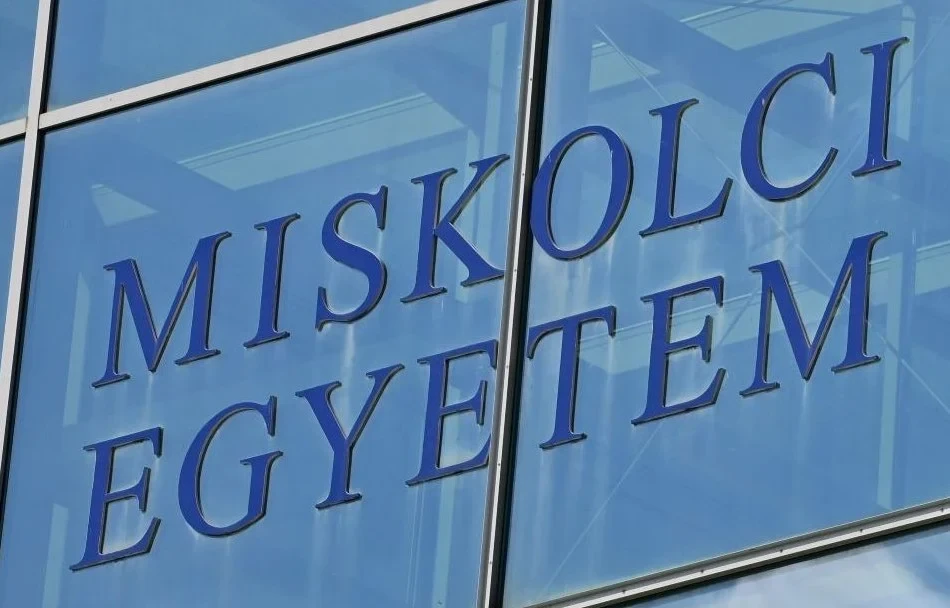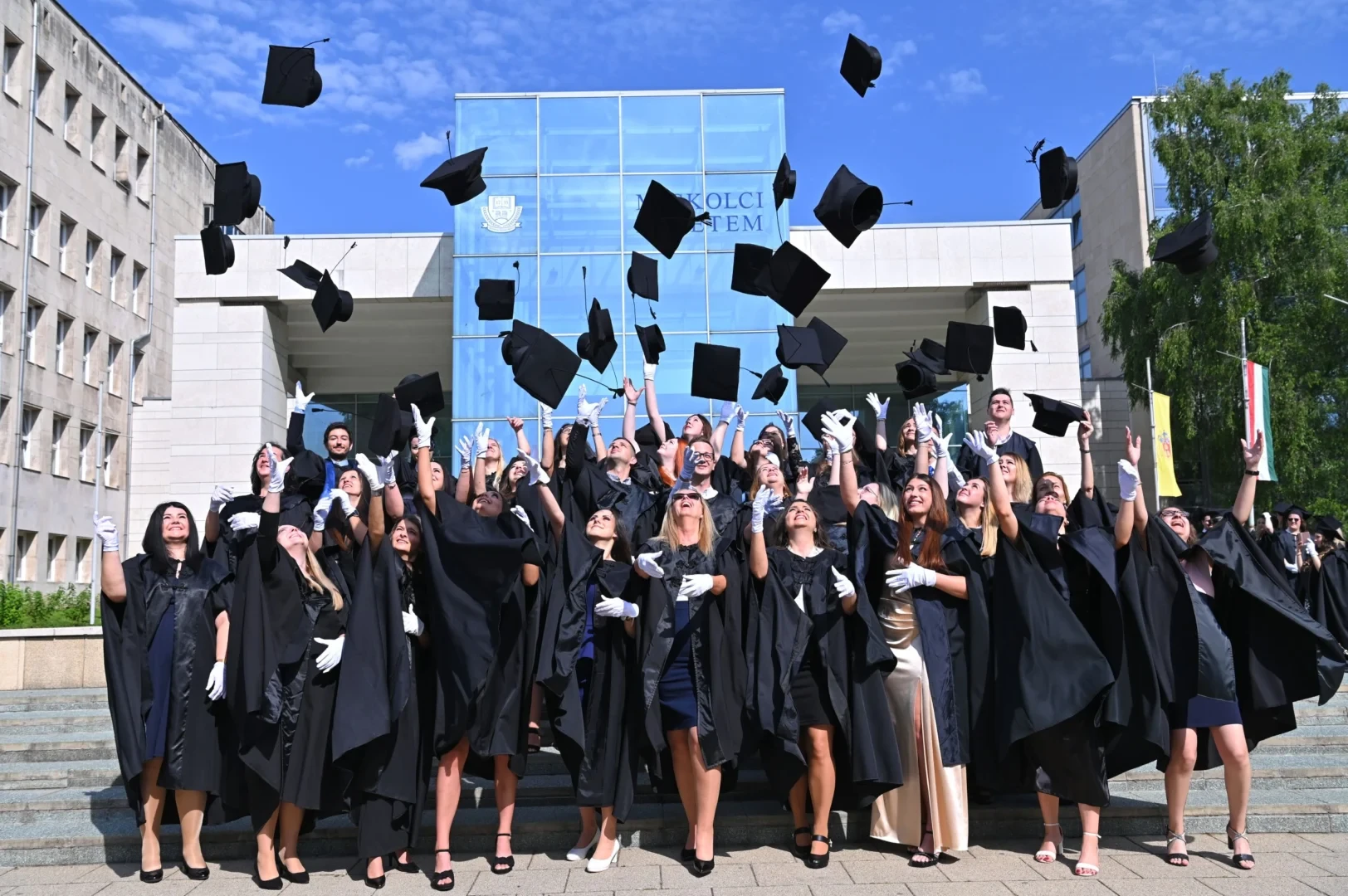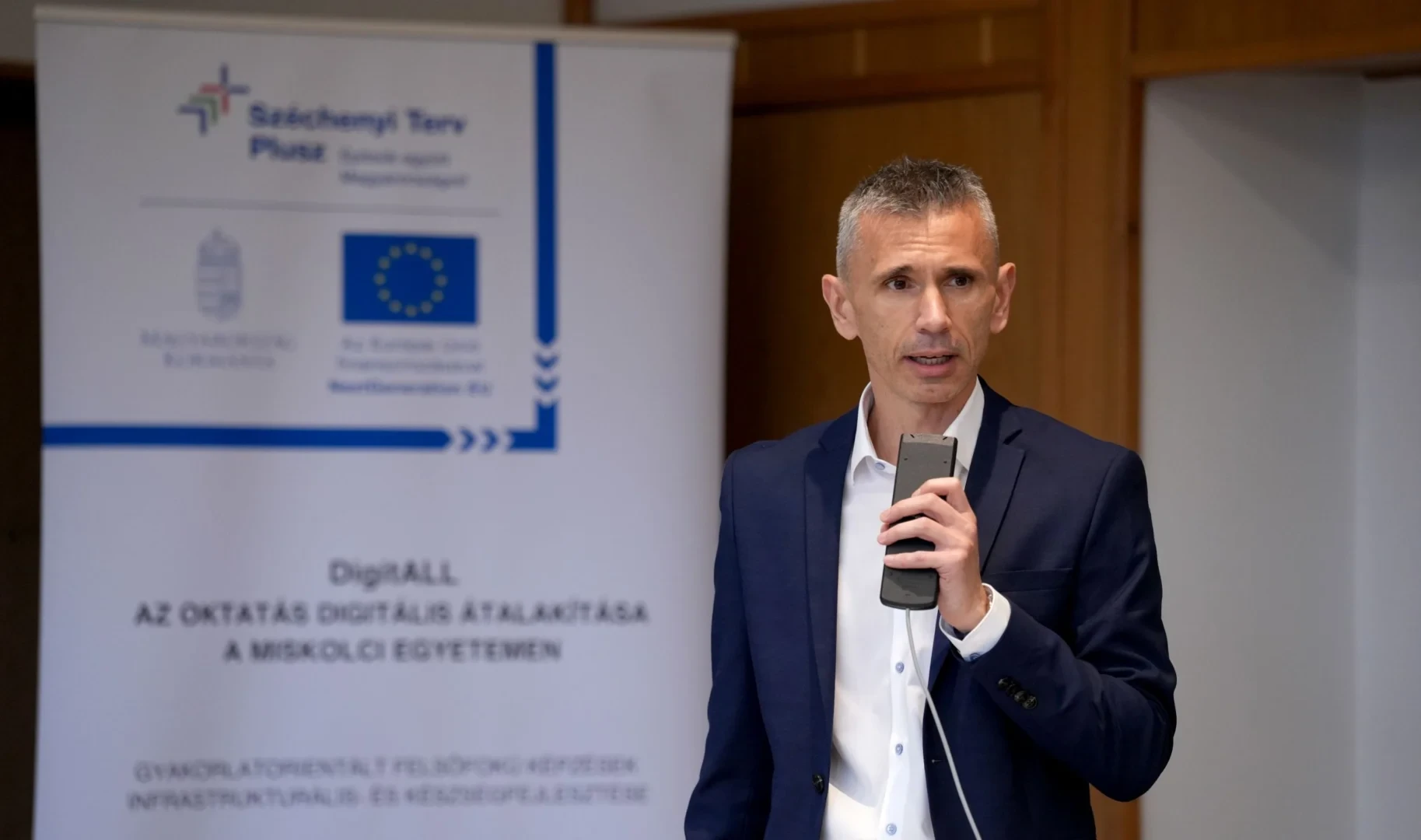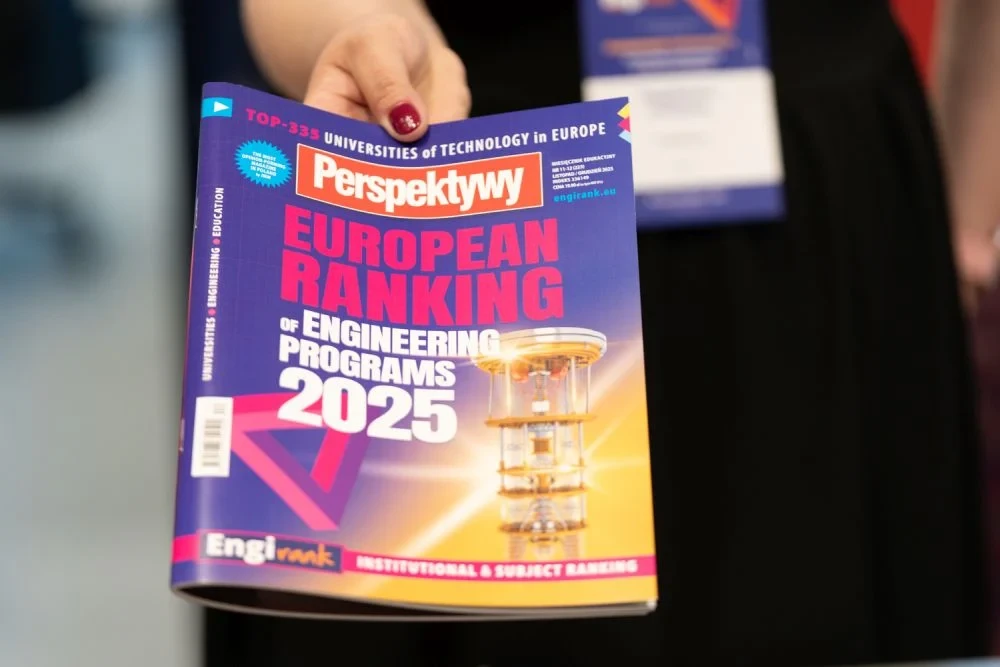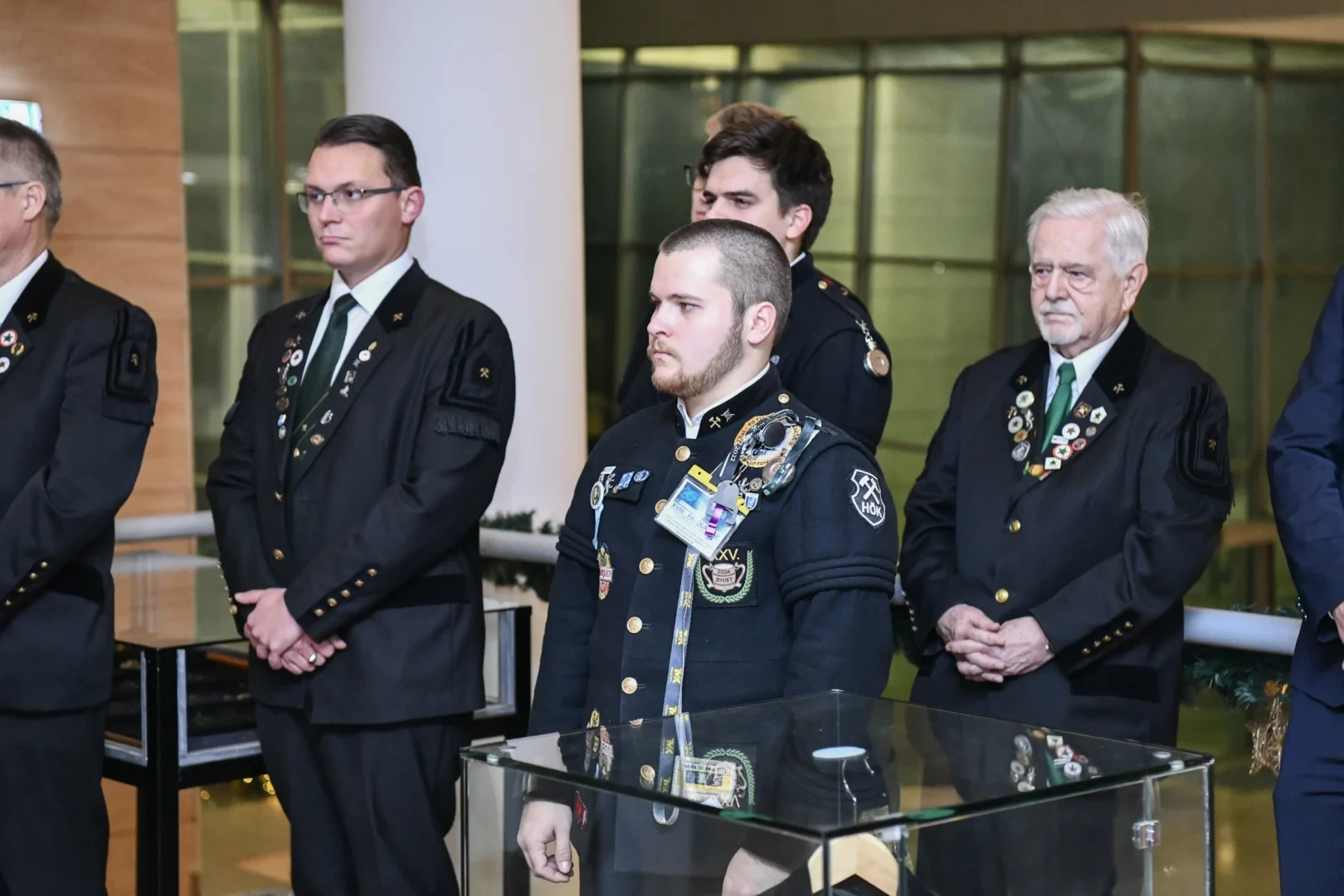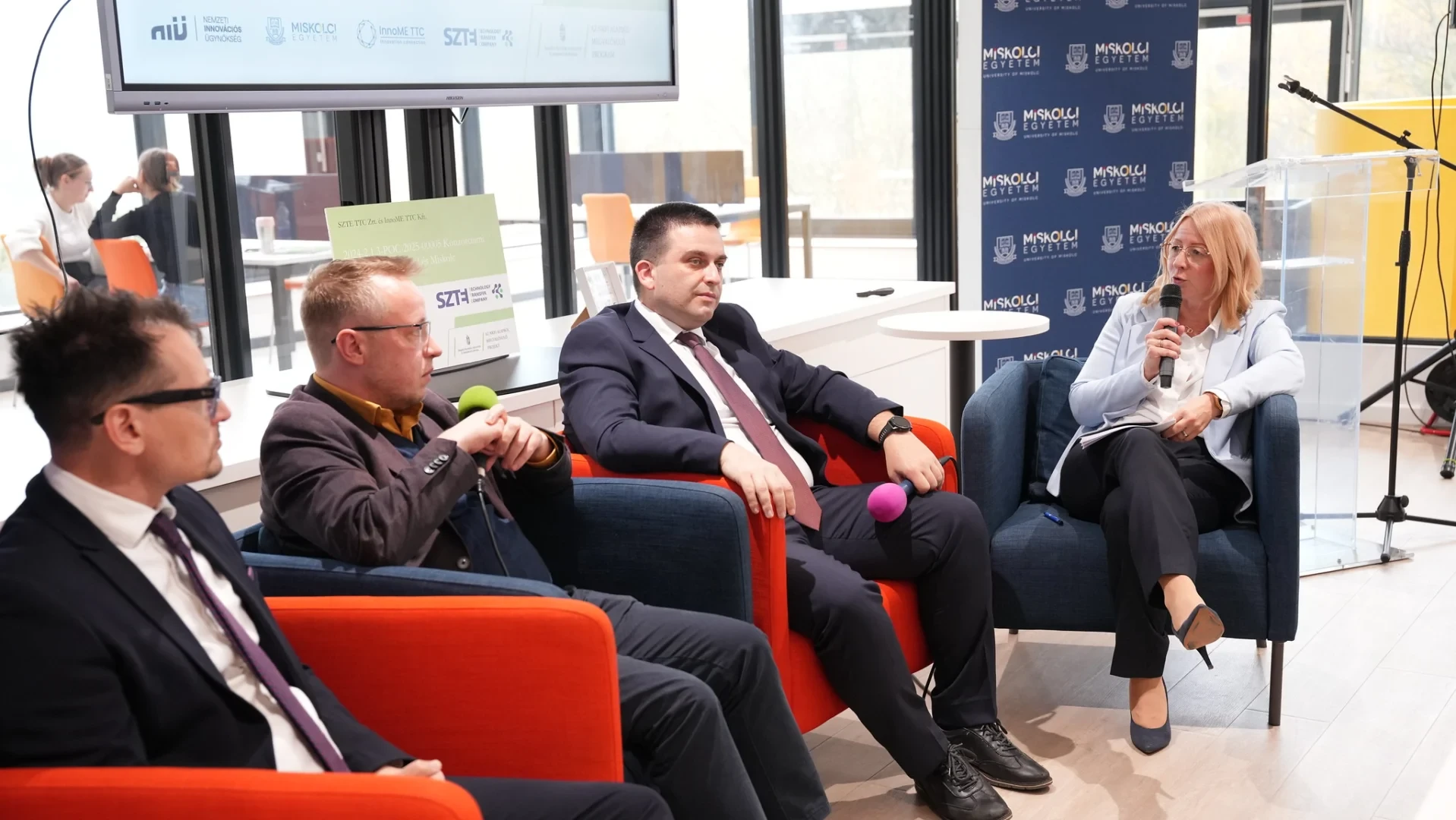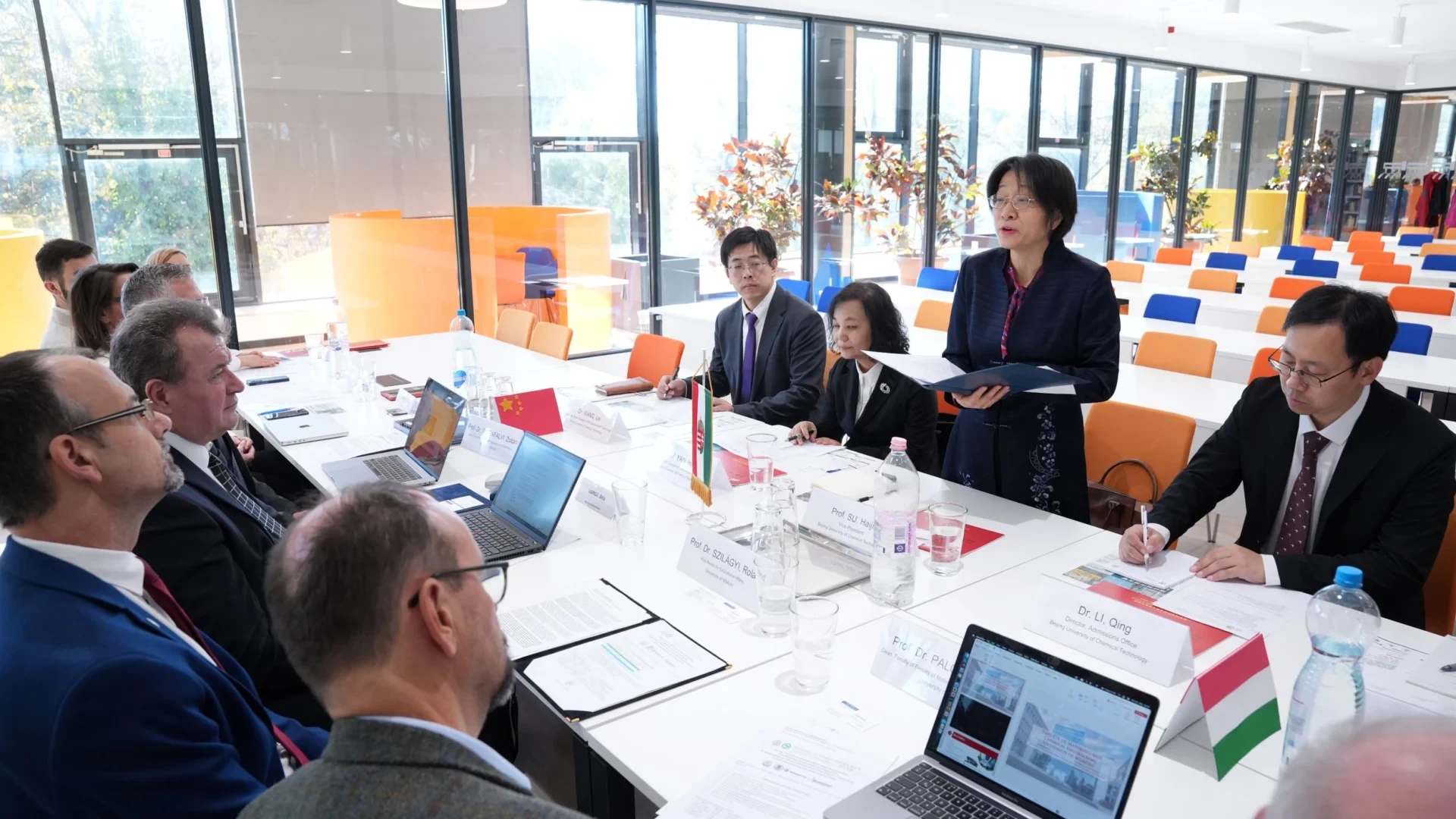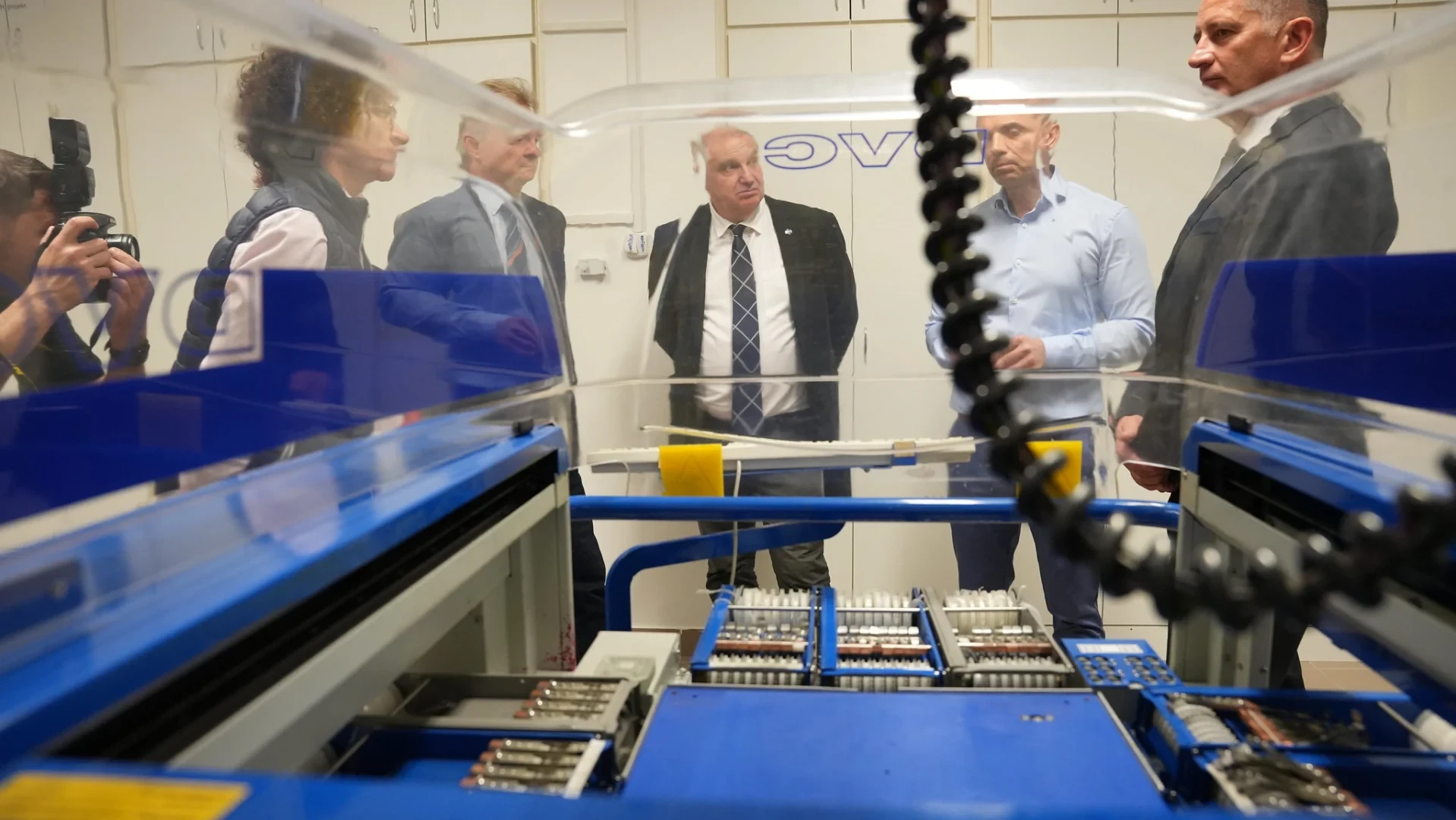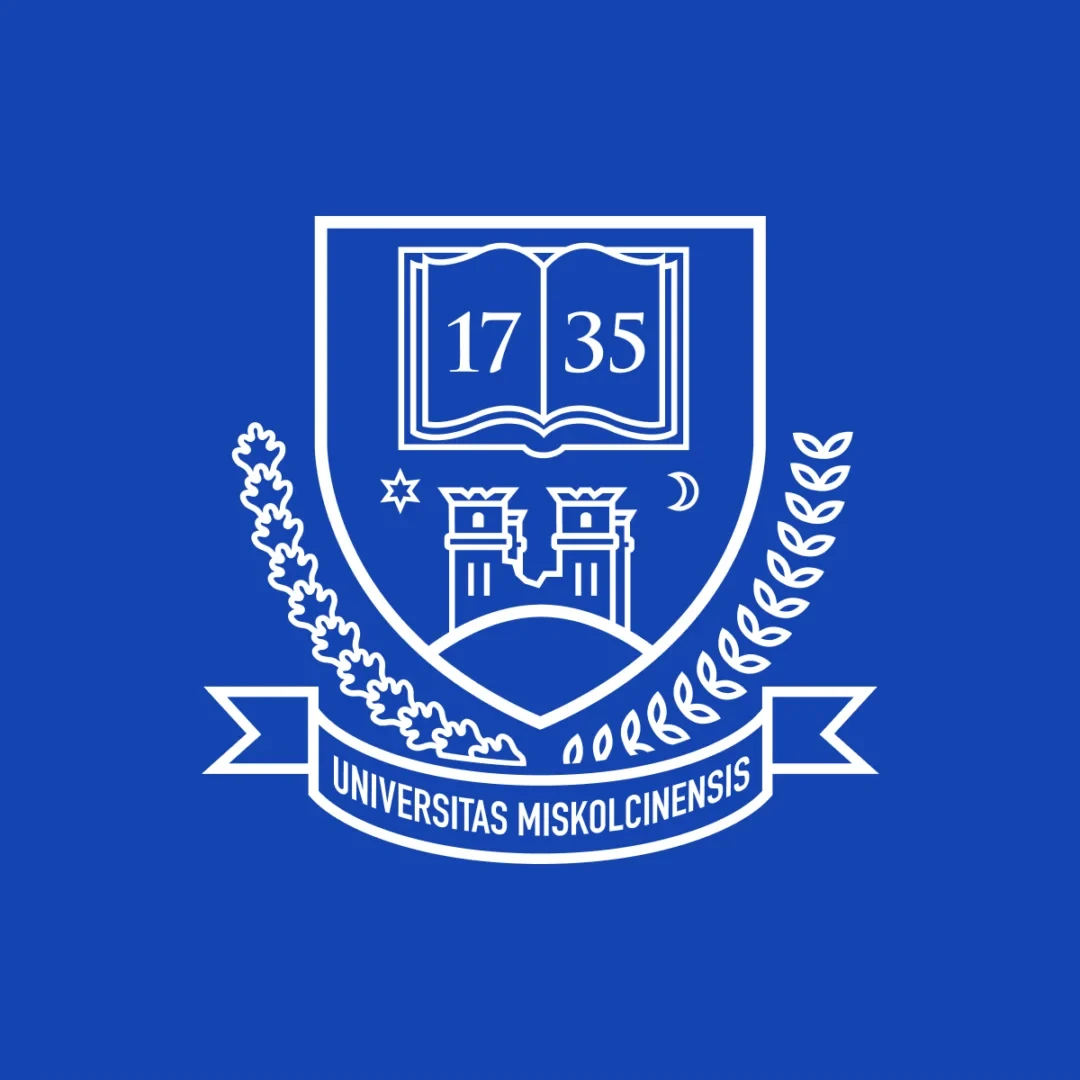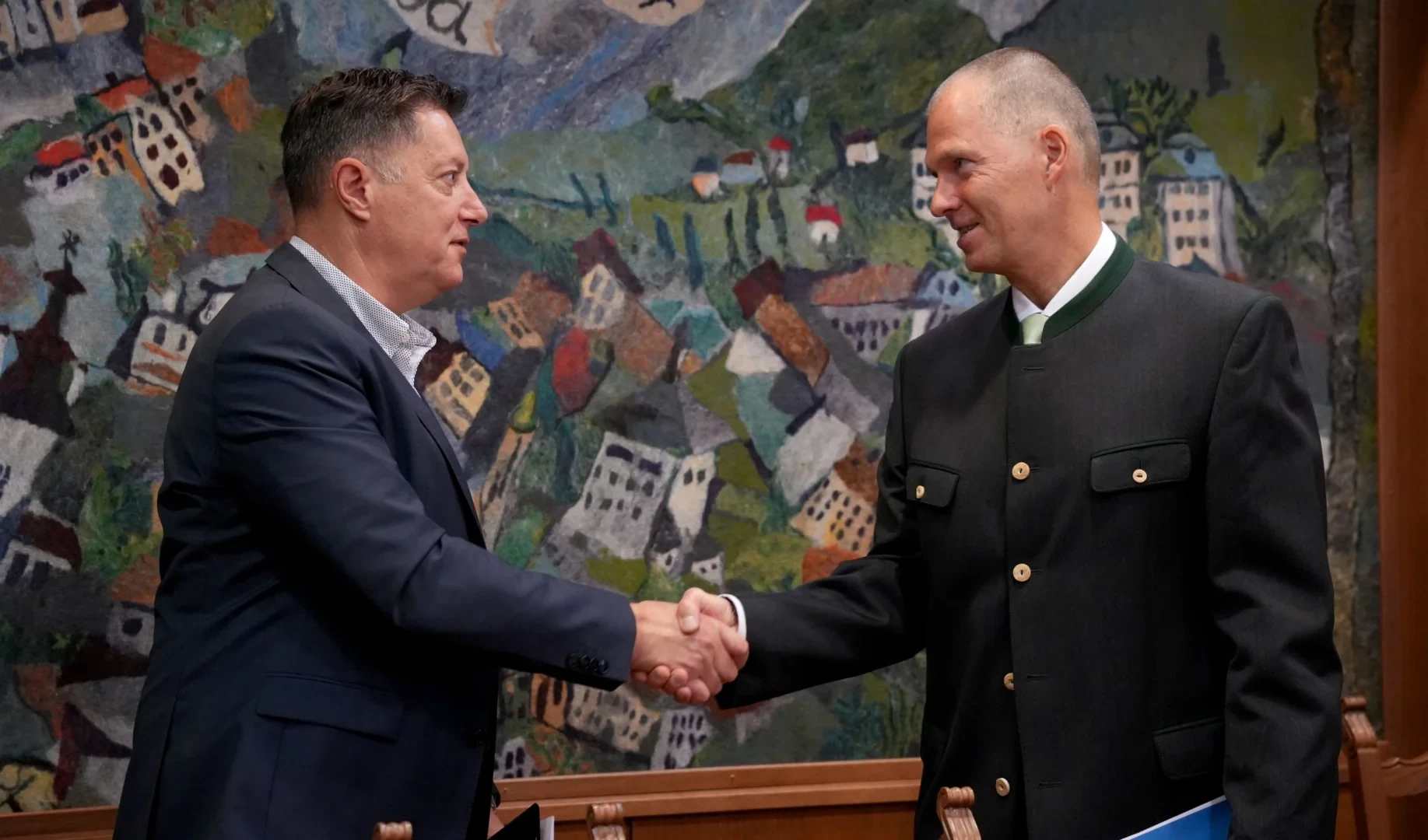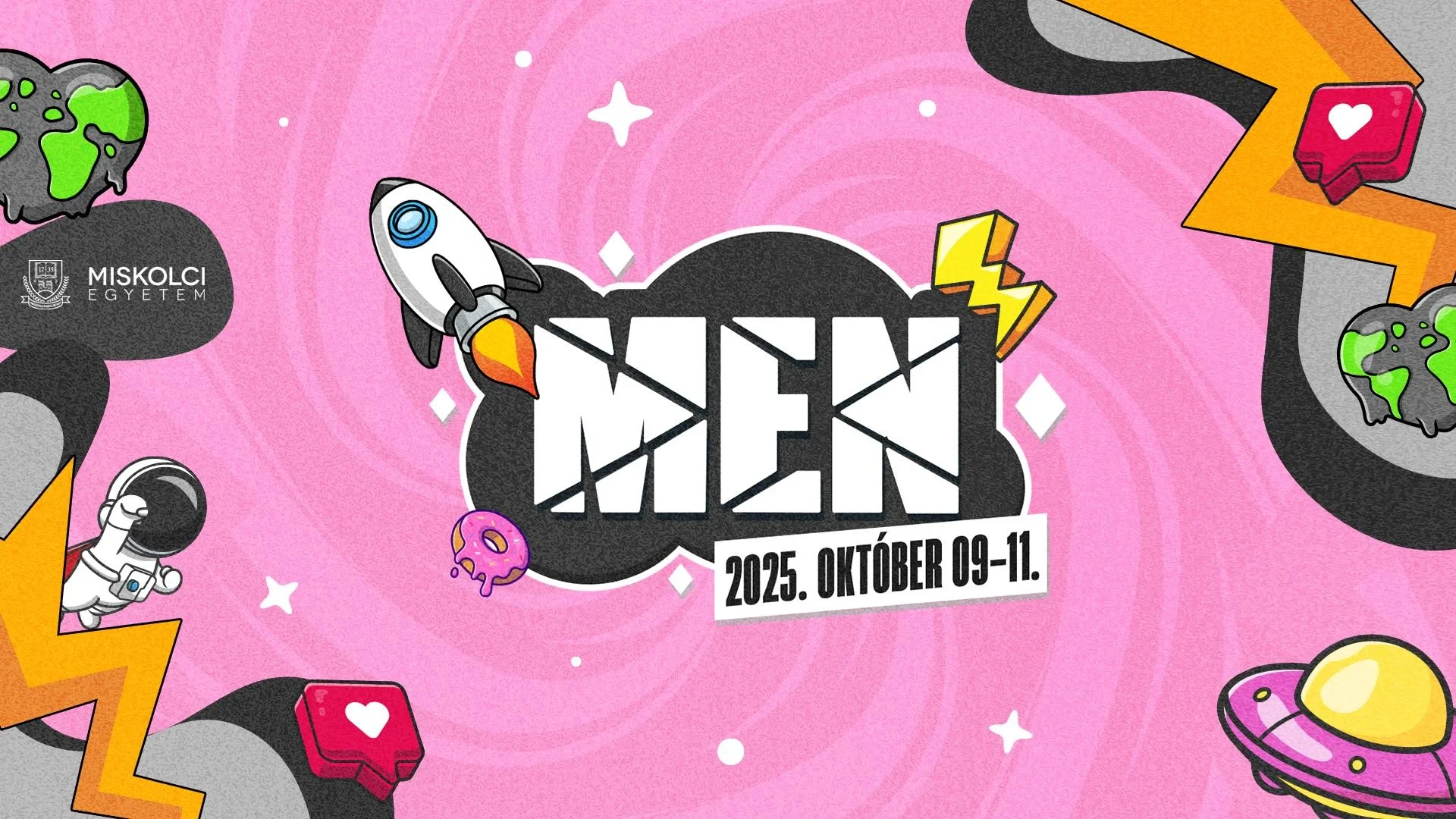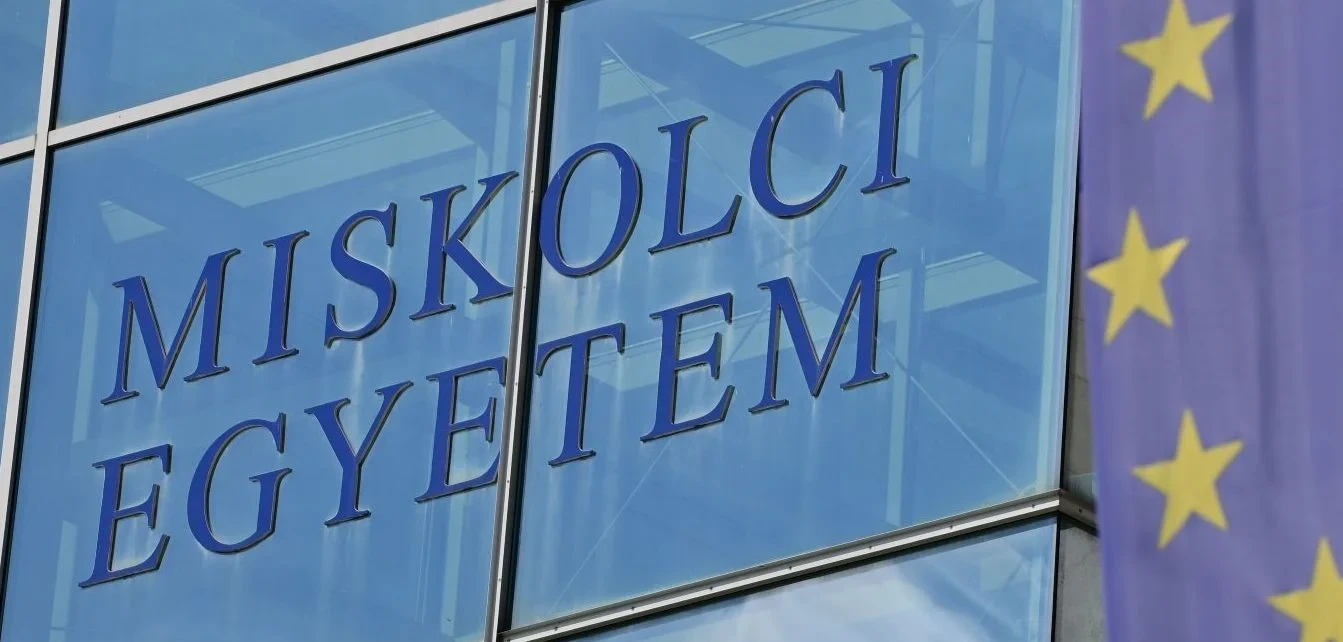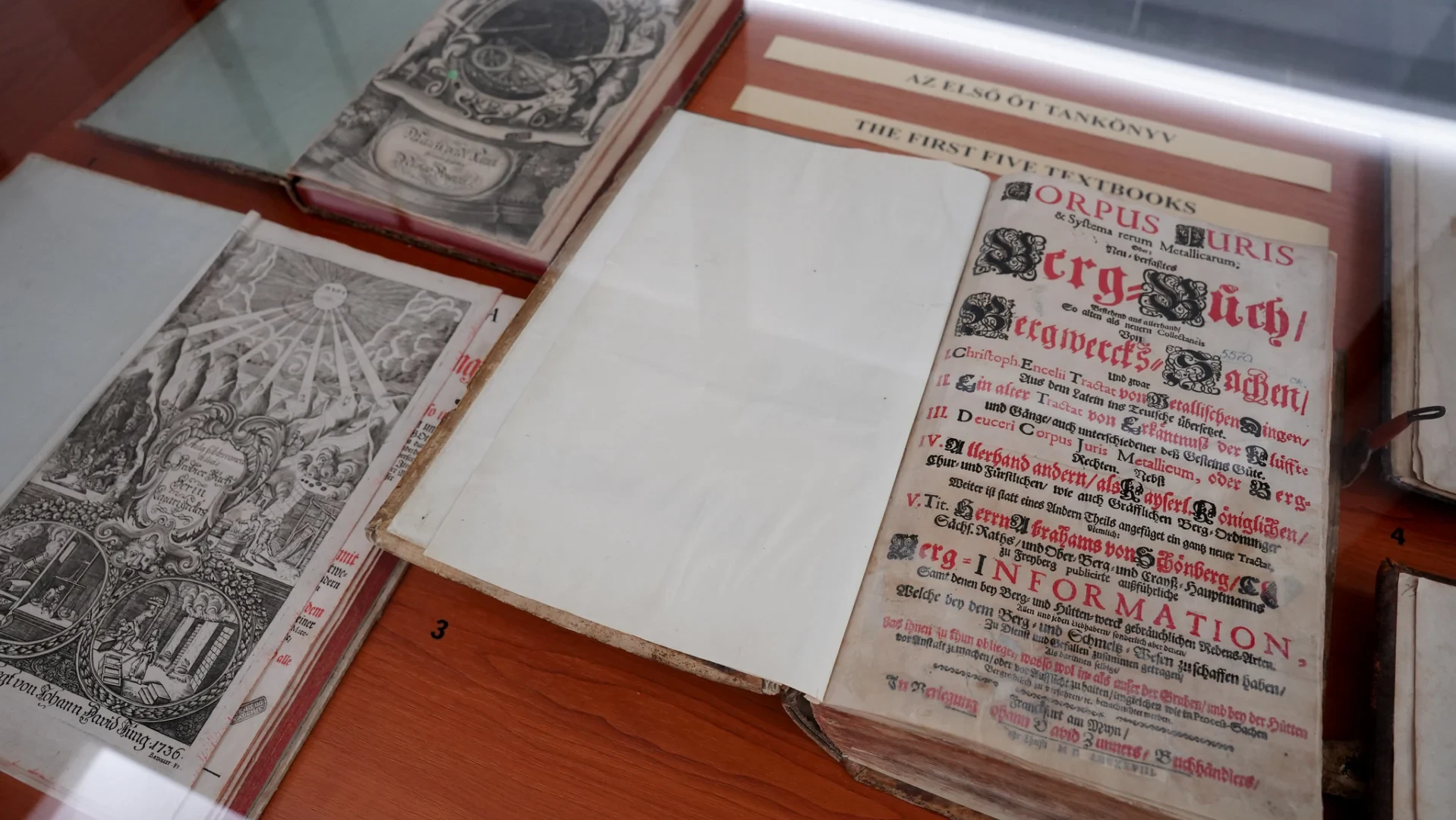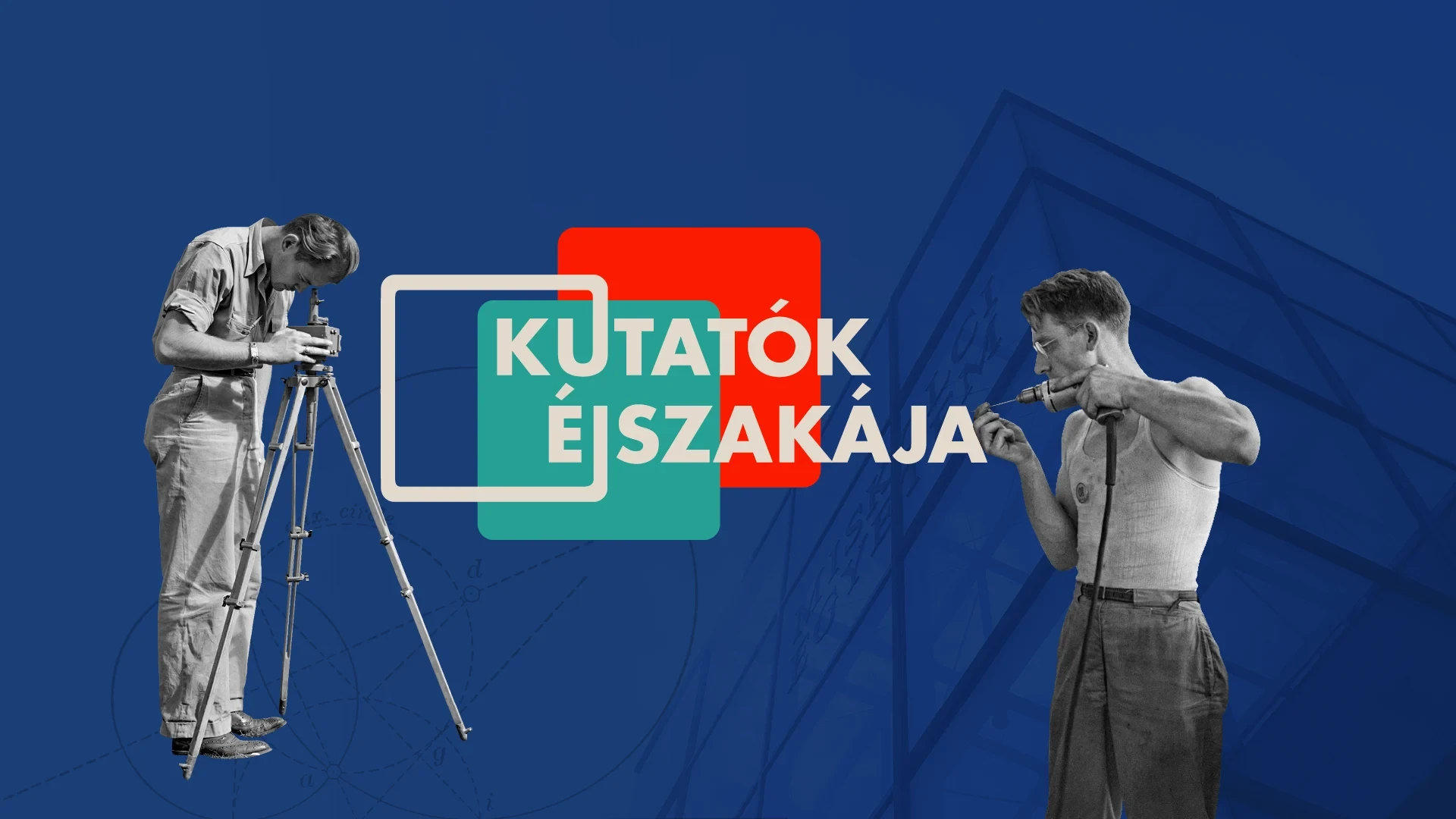Curious about how things work and eager to shape the future of industry? At our Faculty, you’ll unleash your creativity, hone your problem-solving skills, and work with leading researchers dedicated to your success. You can let your curiosity fly and we can be the wind beneath your wings.
We offer interdisciplinary programs at the BSc, MSc, and PhD levels, combining mechanical engineering, informatics, and cutting-edge technology. With hands-on, practice-oriented education, you’ll gain real-world experience in advanced labs and through strong partnerships with industry leaders. These connections help prepare you for a wide range of career opportunities in diverse sectors.
You’ll also engage in innovative research projects and enjoy a vibrant student life filled with social activities, events, company visits, and field trips.
At our Faculty, innovation meets opportunity. Start your journey toward driving sustainable solutions and shaping tomorrow’s industry today!


